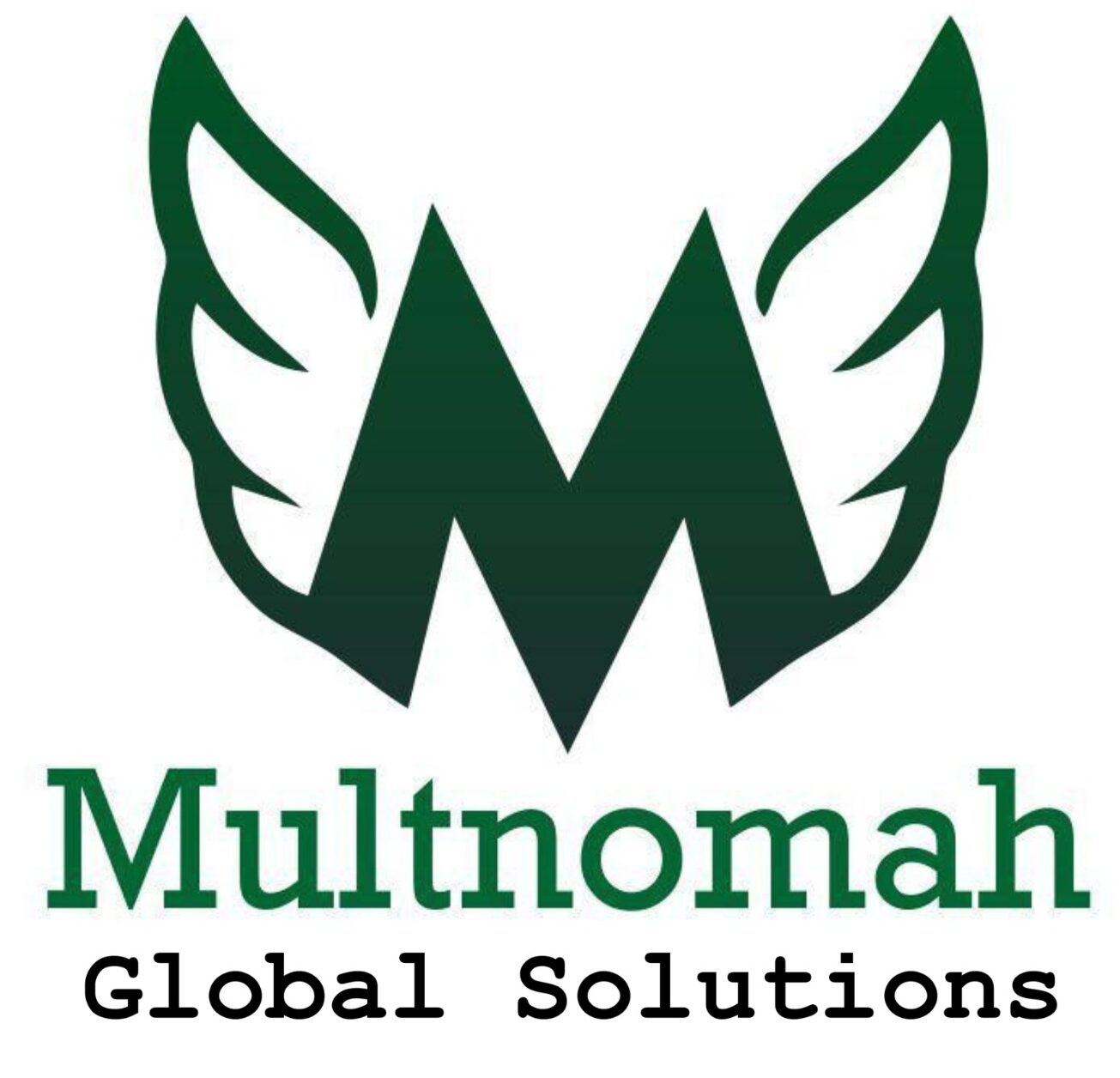Countries Accepting OET Scores and Their Required Scores
UncategorisedCountries Accepting OET Scores and Their Requirements
Introduction
The Occupational English Test (OET) is a highly specialized English language assessment designed specifically for healthcare professionals. Unlike general English proficiency tests, OET focuses on real-world medical scenarios, ensuring that candidates possess the necessary communication skills to excel in their respective healthcare roles.
As global demand for skilled healthcare workers grows, many countries now accept OET scores as part of their licensing and immigration processes. Recognized by regulatory bodies such as the Nursing and Midwifery Council (NMC) in the UK, the General Medical Council (GMC), and various organizations in Australia, the US, and Canada, OET has become an essential step for professionals aspiring to work in world-class healthcare systems.
The minimum OET score requirements across various countries, highlighting how healthcare professionals can meet language benchmarks to unlock opportunities in nations like the UK, Australia, the US, and more. Understanding these requirements can help you better plan for your career and increase your chances of success in the competitive global healthcare market.
With over 12 professions covered—including nursing, medicine, dentistry, and pharmacy—OET is tailored to test your ability to effectively communicate in professional healthcare settings. Let’s dive into the details of the countries that recognize OET and what scores are required to meet their specific standards.
United Kingdom
The UK is one of the most popular destinations for healthcare workers taking the OET.
Minimum Required Score:
Listening, Reading, Speaking: 350 (Grade B)
Writing: 300 (Grade C+)
Accepted By:
Nursing and Midwifery Council (NMC)
General Medical Council (GMC)
This blog is a part of out OET Course
Australia
Australia accepts OET scores for visa applications and healthcare licensing.
Minimum Required Score: 350 (Grade B) across all sections.
Applicable For: Doctors, nurses, dentists, and allied healthcare workers.
United States
OET is increasingly being accepted in the US for medical professionals.
Minimum Required Score:
Listening, Reading, Speaking: 350 (Grade B)
Writing: 300 (Grade C+) (varies by state).
Usage: Licensing requirements in states like California and Florida.
Canada
Canada recognizes OET for healthcare professionals like nurses and doctors.
Minimum Required Score: 350 (Grade B) in all four sub-tests.
Accepted By: Regulatory bodies such as the Canadian Nurses Association.
Ireland
Healthcare professionals applying in Ireland need:
Minimum Required Score:
Listening, Reading, Speaking: 350 (Grade B)
Writing: 300 (Grade C+).
New Zealand
New Zealand has similar OET requirements to Australia.
Minimum Required Score:
Listening, Reading, Speaking: 350 (Grade B)
Writing: 300 (Grade C+).
Other Countries That Accept OET Scores
Singapore
Required Score: 350 (Grade B) across all modules.
United Arab Emirates (UAE)
Required Score: 350 (Grade B) in all sections.
Qatar
Required Score: 350 (Grade B) across all sub-tests.
Malta
Required Score: 350 (Grade B).
Switzerland
Required Score: 350 (Grade B) in three sections, Writing: 300 (Grade C).
Latest Updates on OET 2025: Key Changes and Insights
As of 2025, the Occupational English Test (OET) remains a critical requirement for healthcare professionals seeking to work in English-speaking countries. Here are some updates and key details about the OET in 2025:
No Major Changes to Test Format
The OET will continue assessing language proficiency across four sub-tests—Listening, Reading, Writing, and Speaking. The content and structure of the test are consistent with the previous years, focusing on healthcare-specific scenarios.
Scoring Requirements for Medicine Pathways
Candidates must achieve a minimum score of 350 in Listening, Reading, and Speaking, and 300 in Writing, in a single test administration. These standards align with ECFMG (Educational Commission for Foreign Medical Graduates) requirements for international medical graduates.
Testing Options
The OET is available in various formats, including paper-based, computer-based, and the OET@Home option. OET@Home is specifically for candidates without access to physical test centers in their countries.
Preparation Recommendations
While the test is not changing significantly, candidates are advised to thoroughly prepare using official materials and resources. Familiarity with the test format and assessment criteria is essential for success.
For those aiming to participate in specific programs like the 2025 residency pathways, completing the OET within the recommended timelines is crucial. Ensure that results are shared with relevant authorities, such as ECFMG, to avoid delays in processing applications.
Opportunities and Expanding Recognition
The OET’s relevance continues to grow as it not only serves as proof of English proficiency but also aligns closely with real-world healthcare scenarios. Healthcare professionals with OET certification enjoy better career opportunities, increased mobility, and the chance to contribute to global health systems.
By understanding the requirements of your desired country, you can effectively plan and prepare for the test, ensuring you meet the necessary benchmarks for professional registration and immigration.
Conclusion
The growing acceptance of OET scores across leading healthcare destinations reflects the importance of effective communication in the medical field. Countries like the UK, Australia, the US, and Canada have recognized OET as a benchmark to ensure healthcare professionals possess the language skills necessary for safe and high-quality patient care.
Understanding each country’s specific OET requirements is a crucial step toward a successful global healthcare career. By meeting these benchmarks, healthcare professionals can gain access to rewarding opportunities in world-class healthcare systems, work in culturally diverse environments, and contribute to improving global health standards.
As the demand for skilled professionals continues to rise, achieving the required OET scores can be your gateway to a fulfilling international career. Prepare diligently, focus on country-specific requirements, and take the first step toward your dreams of working in the global healthcare sector.
If you are ready to start your journey, check official resources and connect with professionals who have successfully navigated the OET process. Remember, with the right preparation and determination, the world’s leading healthcare systems are within your reach.
Rinu Ann George is an SEO Analyst working in Upgraderz
- Rinu Ann Georgehttps://multnomahglobal.com/author/rinuann1998/
- Rinu Ann Georgehttps://multnomahglobal.com/author/rinuann1998/
- Rinu Ann Georgehttps://multnomahglobal.com/author/rinuann1998/
- Rinu Ann Georgehttps://multnomahglobal.com/author/rinuann1998/
